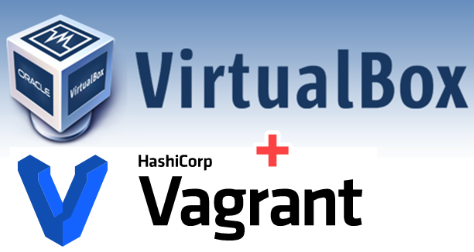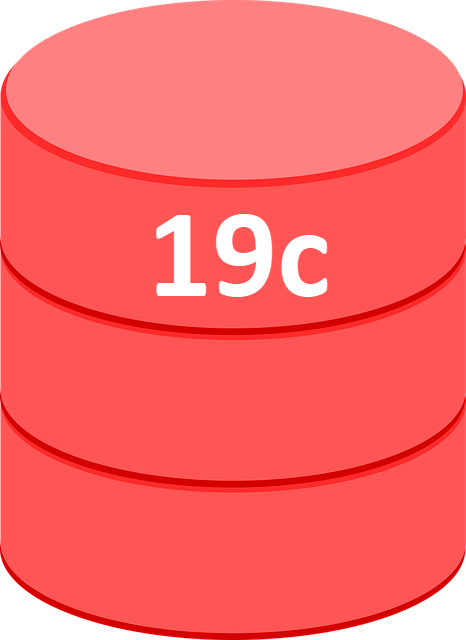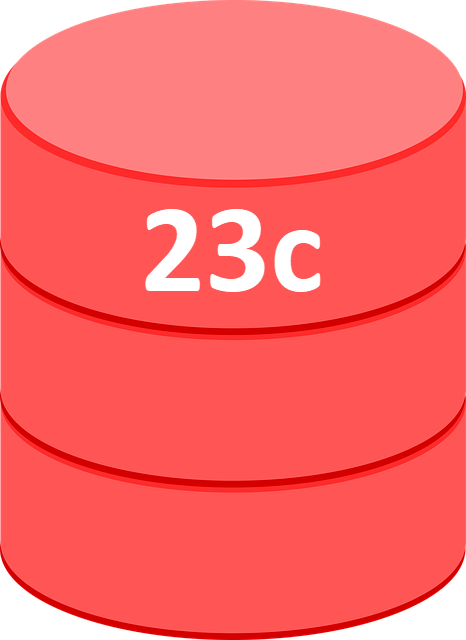
I like to think that continuous improvement is always part of my process, but occasionally things crop up and remind me that I am just as lazy and set in my ways as everyone else. Here’s a little story to illustrate that…
The Issue
The main thing I’m supposed to be focussed on at work is server rebuilds. We are moving a bunch of stuff from Oracle Linux 7 (OL7) to Oracle Linux 9 (OL9), or OL8 if the vendor doesn’t support OL9 yet.
Anyone who follows my Vagrant builds knows I’ve got loads of scripts that build things, but because of our company organisation structure, there is only so much I can do without pinging requests to other teams, so full automation on-prem is not currently possible for me at work.
As a result of this limitation, there is a bunch of things I can do in Vagrant that I can’t do at work. The fact that work is semi-automated for builds has indirectly made me lazy in respect to continuously improving my build processes. In my head I guess I’ve been saying, “What’s the point if I can’t finish it?”
Making Progress
Due to the large number of rebuilds we are working through now, I’ve taken a step back and started again. I created a new build repo at work, and populated it with all the relevant stuff from our existing build processes, and some bits from my Vagrant builds. It’s still not fully automated, due to the company organisation issues mentioned before, but every step in the process is up to date with the best we can do, and the process is documented in the README.txt of the repo.
Along the way I noticed a bunch of things that were pretty crap in my original approach. It worked, but it wasn’t something to be proud of. 🙂
So What?
This just goes to illustrate the point I made in the title of this post. It’s easy to get lazy and let things start to slip, even when you know better. This is especially true if you have a “completionist” mentality like me. The thought of being able to finish something is quite compelling to me. Unfortunately, when I know I will not be able to complete something, I find it really hard to make the effort, because it all feels kind-of pointless. 🙂
Reframe The Goal
I guess this is really about reframing the goal. Rather than thinking that completion is when I have a fully automated process, it should be that I’ve got everything up to date and as far down the automation path as I can get at the moment.
The funny thing is I wrote about this in a previous post, but it seems I’m not always capable of taking my own advice. 🙂
Cheers
Tim…






